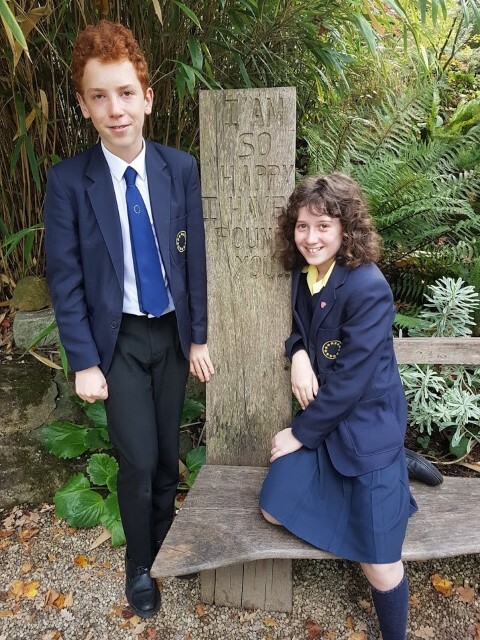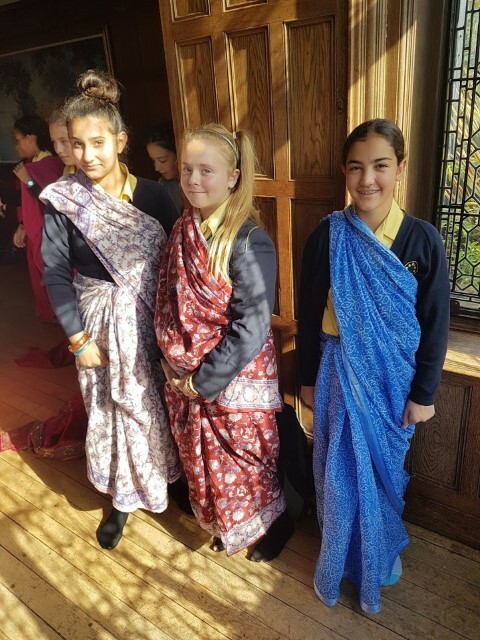Religious Studies
Subject Intent
We encourage students to reflect upon and consider their own beliefs and practices, at the same time as giving them the skills required to justify their viewpoints through reasoned argument. We have developed a knowledge-rich, spiral curriculum that we believe allows our students to develop their knowledge of the concrete features of Christianity as the principal religion of the UK, as well as other major world religions and Humanism, before applying this to a range of ultimate questions and ethical issues. The study of world faiths allows students to move beyond the boundaries of their communities – and our curriculum is designed to support the mission and primary aims of the school, in allowing students to recognise their common humanity through respect and intercultural understanding and that other people, with their differences, can also be right.
Subject Implementation
We have engaging and exciting programmes of study at all levels of religious studies teaching, with plenty of opportunity to acquire essential cultural knowledge as well as the challenge of developing an understanding of world religions, for example Hinduism and Islam. Through their studies students will frequently encounter a range of sources of wisdom and authority, requiring them to be able to interpret the meaning and importance of sacred texts to religious believers. Students also become increasingly familiar with key religious terminology and concepts, which all religious believers have in common. Students are encouraged to engage more deeply with abstract aspects of faith, and apply these to social and real-life issues in the modern world. Students will revisit skills learnt to provide a foundation for future success.
Our teaching encourages the development and continual refinement of key skills; acquiring knowledge, how to structure an argument, evaluating counter-arguments, extended writing and analysing sacred texts. These skills provide the foundation for success at all levels of religious studies learning. Students are given the opportunity to practise these skills through a range of activities, including role play and debate.
Subject Impact
Students develop and build upon their prior religious knowledge and skills at all levels to justify their own viewpoints; teachers constantly reference prior learning and help students to understand the reasoning behind their statements and assertions. Comparing the views of different religious believers to those of non-believers allows students to develop an understanding of the reasons for belief and the impact that religion has on believers’ lives. Students consider ultimate questions, which gives students an opportunity to think about issues that they possibly don’t get to think about in their other subjects. As philosophers they are challenged to support their views with reasoned premises, constructing arguments that are logically valid and sound.


